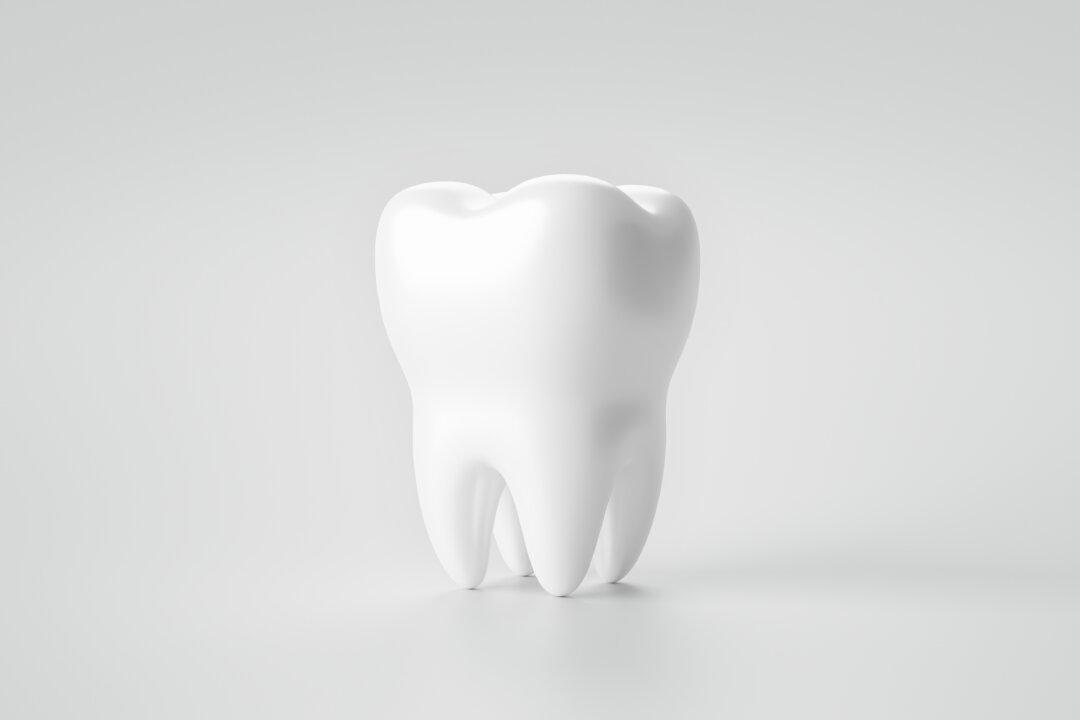Sleep disorders are pervasive and approximately one in three adults suffer from mild insomnia. As stress levels rise around the world, insomnia is becoming more prevalent in adults. But a new study led by Monash University has found that getting enough natural sunlight each day could help to reduce insomnia and improve mood.
The study published in the Journal of Affective Disorders included more than 400,000 participants from the UK biobank program. It was found that a lack of daytime light exposure was a risk factor for poor mood, insomnia, and depressive symptoms.





